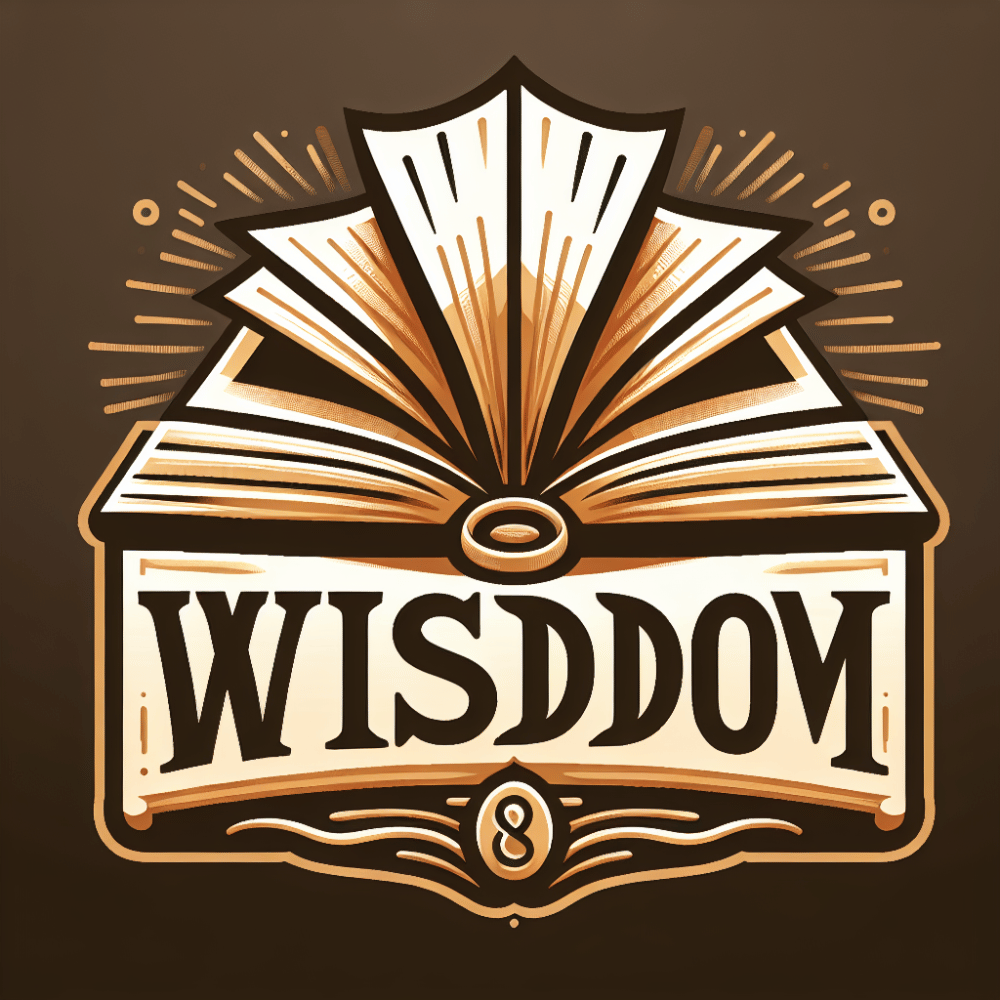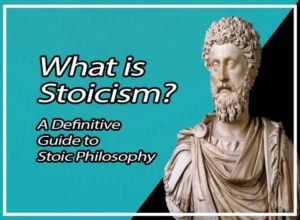In recent years, there has been a resurgence of interest in Stoicism, an ancient Greek philosophy that emphasizes resilience, self-control, and rationality. This renewed fascination is not limited to philosophical circles but has permeated modern therapeutic practices, significantly shaping approaches to mental health and personal development. This article explores how Stoicism’s ancient wisdom is being revived and integrated into contemporary therapy, benefiting individuals in their quest for a balanced and fulfilling life.
Understanding Stoicism: A Brief Overview
Stoicism, founded by Zeno of Citium in the early 3rd century BC, teaches the development of self-control and fortitude as a means to overcome destructive emotions. The core tenets of Stoicism involve understanding what is within our control and what is not, and focusing on our own actions and reactions rather than external events. Prominent Stoic philosophers like Epictetus, Seneca, and Marcus Aurelius have left behind a rich legacy of writings that continue to inspire and guide individuals seeking inner peace and resilience.
The Core Principles of Stoicism
Stoicism is built upon several fundamental principles that align closely with modern therapeutic approaches:
- Dichotomy of Control: Understanding what is within our control (our thoughts, actions, and responses) and what is not (external events and others’ actions) helps individuals focus their energy on what they can change.
- Virtue as the Highest Good: Stoics believe that living a virtuous life, characterized by wisdom, courage, justice, and temperance, leads to true happiness and fulfillment.
- Rational Emotions: Stoicism teaches that emotions arise from our judgments and beliefs about events. By changing our perceptions, we can manage our emotional responses more effectively.
Integration of Stoicism into Modern Therapy
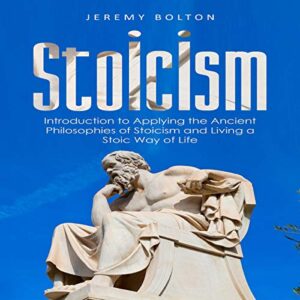
Modern therapy, particularly Cognitive Behavioral Therapy (CBT), has found significant overlap with Stoic principles. CBT, developed by Aaron T. Beck in the 1960s, focuses on identifying and challenging distorted thinking patterns to change emotional responses and behaviors. Here are some ways Stoicism influences modern therapeutic practices:
Cognitive Behavioral Therapy (CBT)
CBT is one of the most widely practiced forms of psychotherapy today. Its effectiveness in treating anxiety, depression, and other mental health issues has been well-documented. The Stoic emphasis on examining and adjusting one’s beliefs to manage emotions mirrors the core techniques of CBT:
- Cognitive Restructuring: Similar to the Stoic practice of examining one’s judgments, CBT involves identifying and challenging negative thought patterns.
- Mindfulness and Present Focus: Both Stoicism and CBT encourage focusing on the present moment and accepting it without unnecessary emotional distress.
- Resilience and Acceptance: Stoicism’s focus on resilience through understanding and acceptance of life’s challenges is a cornerstone of CBT, helping individuals build coping strategies.
Acceptance and Commitment Therapy (ACT)
Acceptance and Commitment Therapy (ACT) also shares common ground with Stoicism. ACT encourages individuals to accept their thoughts and feelings rather than fighting them, and to commit to actions that align with their values. This approach resonates with Stoic teachings on accepting the things we cannot change and taking purposeful action:
- Acceptance: Like the Stoic practice of embracing reality, ACT encourages acceptance of all experiences, reducing the struggle against difficult emotions.
- Value-Based Living: Stoicism’s emphasis on living according to virtue aligns with ACT’s focus on living a values-driven life.
Mindfulness-Based Stress Reduction (MBSR)
Mindfulness-Based Stress Reduction (MBSR), developed by Jon Kabat-Zinn, incorporates mindfulness practices that are deeply rooted in Stoic philosophy. Mindfulness involves paying attention to the present moment without judgment, a practice that Stoics have advocated for centuries:
- Present-Moment Awareness: Stoicism’s advice to focus on the present moment is a key component of mindfulness practices used in MBSR.
- Non-Judgmental Observation: Observing thoughts and feelings without judgment, a principle in both Stoicism and MBSR, helps reduce stress and improve emotional regulation.
Real-Life Applications and Success Stories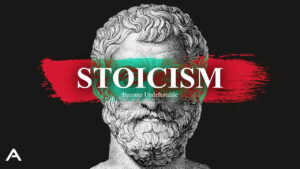
Personal Resilience and Mental Health
Individuals who incorporate Stoic practices into their daily lives report increased resilience, better stress management, and improved mental health. By focusing on what they can control and accepting what they cannot, they find a sense of inner peace and strength to face life’s challenges.
Professional Development and Leadership
Stoicism has also found its way into the corporate world, with leaders and professionals applying its principles to enhance decision-making, leadership, and workplace well-being. The focus on rational thinking and virtuous living helps create a positive and productive work environment.
Community and Societal Impact
Community initiatives that promote Stoic principles contribute to societal well-being. Programs that teach Stoic practices in schools, prisons, and community centers have shown positive outcomes in terms of emotional regulation, conflict resolution, and overall life satisfaction.
Conclusion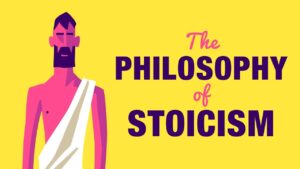
The revival of Stoicism in modern therapy represents a fusion of ancient wisdom with contemporary psychological practices. By integrating Stoic principles into therapeutic approaches like CBT, ACT, and MBSR, individuals can develop resilience, improve emotional regulation, and lead more fulfilling lives. As we continue to explore and embrace the timeless teachings of Stoicism, we find that its relevance and applicability to modern life are more profound than ever.
